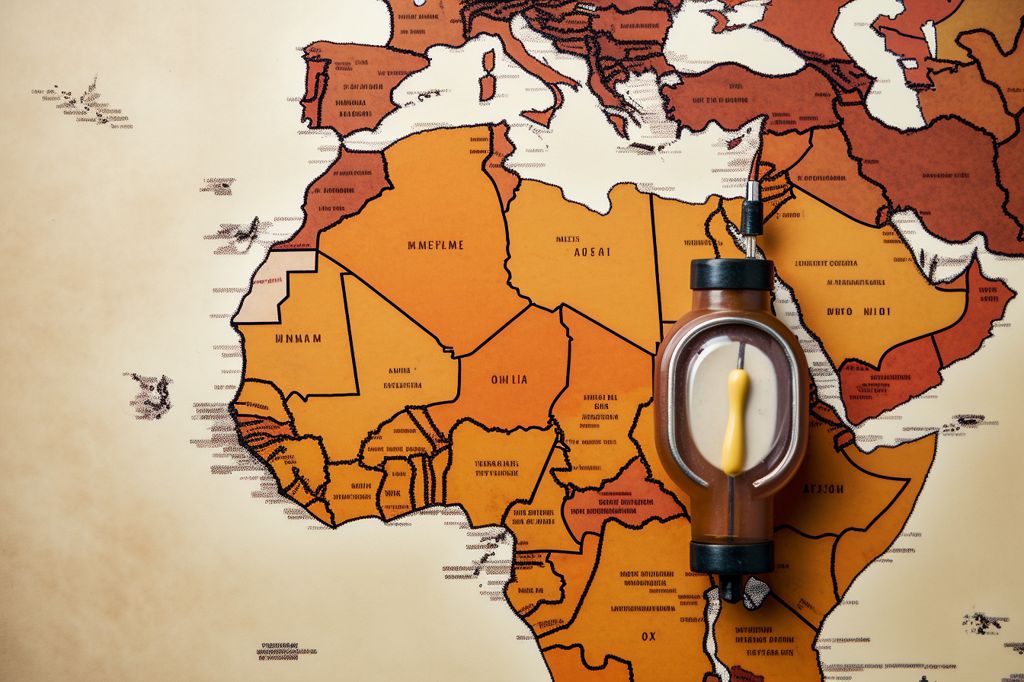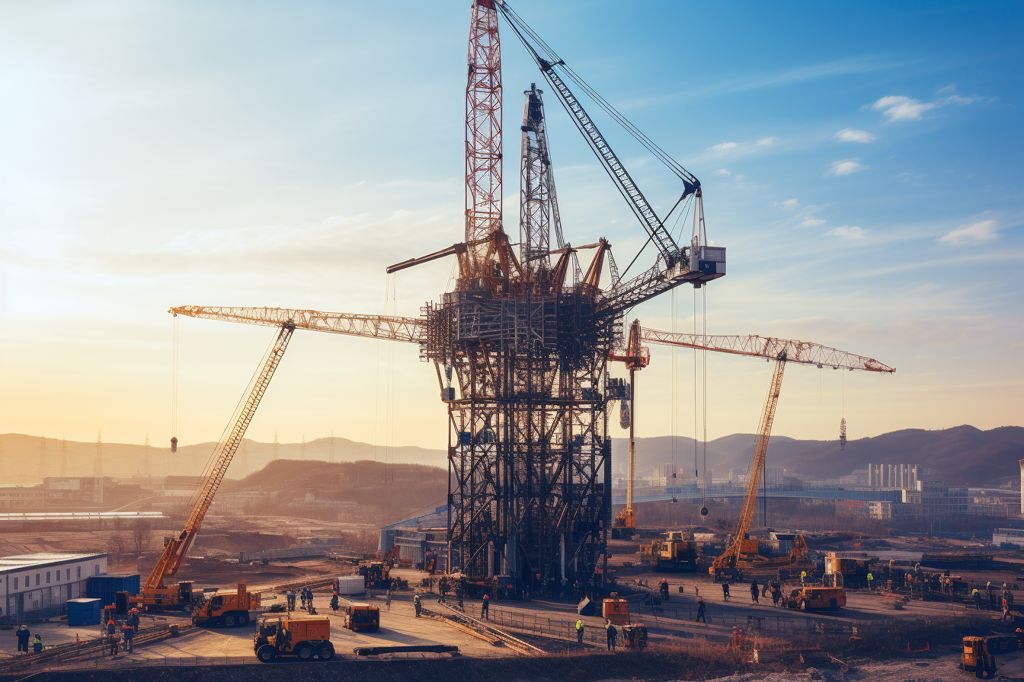Upholding Transparency and Lawfulness in the Appointment Process
South Africa’s Minister of Public Enterprises, Pravin Gordhan, has been accused of stalling the appointment of the Group Chief Executive Officer (GCEO) for Eskom, the national electricity provider. Gordhan vehemently denies these allegations, emphasizing the importance of a transparent and lawful appointment process.
The Memorandum of Incorporation (MOI) for Eskom dictates the legal framework for appointing the GCEO, describing the responsibilities of various stakeholders. As the government’s shareholder representative, Gordhan is responsible for ensuring that the MOI is adhered to during the selection of the GCEO. Gordhan considers this matter of the utmost importance and strives to maintain strict compliance with established procedures.
In light of the political manipulation of the appointment process, Gordhan highlights that attempts to improve state-owned companies will inevitably encounter resistance and political opportunism. Nevertheless, Gordhan remains dedicated to his oversight responsibilities and will not be deterred by those looking to deceive the public.
Ensuring a Qualified and Transparent Selection
Gordhan followed the MOI’s guidelines and requested that the Eskom Board provide him with three potential candidates for the GCEO position. From these candidates, he would select the most qualified individual to assume the role. This approach exemplifies Gordhan’s commitment to guaranteeing transparency and legality in the appointment process while protecting the interests of South Africa’s citizens.
As the national electricity provider, Eskom has a significant impact on the lives of South Africans. The appointment of the GCEO, therefore, has considerable ramifications for the nation’s energy sector and overall economic stability. Given this crucial context, Gordhan’s insistence on following the MOI’s guidelines demonstrates a dedication to building a transparent, accountable, and efficient Eskom.
The ongoing debate surrounding the appointment process highlights the obstacles faced by those seeking to enact meaningful change in state-owned enterprises. Vested interests and political interference can often impede the implementation of essential reforms. By adhering to the MOI and maintaining his integrity, Gordhan is setting a valuable precedent for others in similar positions to follow.
Setting a Precedent for Good Governance and Accountability
The Eskom GCEO appointment process serves as a reminder of the significance of transparency, legality, and devotion to good governance in state-owned enterprises. By remaining firm in his principles and displaying unwavering dedication to upholding the MOI, Gordhan is working towards a more accountable and responsible Eskom that serves the best interests of the South African public.
Throughout this challenging situation, Gordhan has illustrated the necessity of strong leadership and adherence to established procedures when dealing with the complexities of state-owned enterprises. His determination to not be swayed by unfounded allegations or political opportunism signifies his commitment to the principles of transparency, accountability, and the improvement of South Africa’s energy sector.
In summary, the Eskom GCEO appointment process underscores the challenges faced by those endeavoring to reform and enhance state-owned enterprises. By maintaining his commitment to the MOI and resisting political pressure, Gordhan sets a positive example for others to emulate, fostering an environment where transparency, legality, and good governance take precedence.









